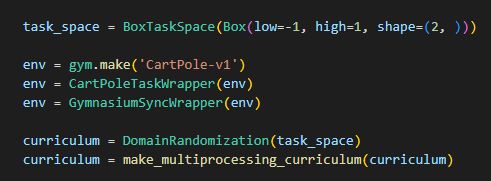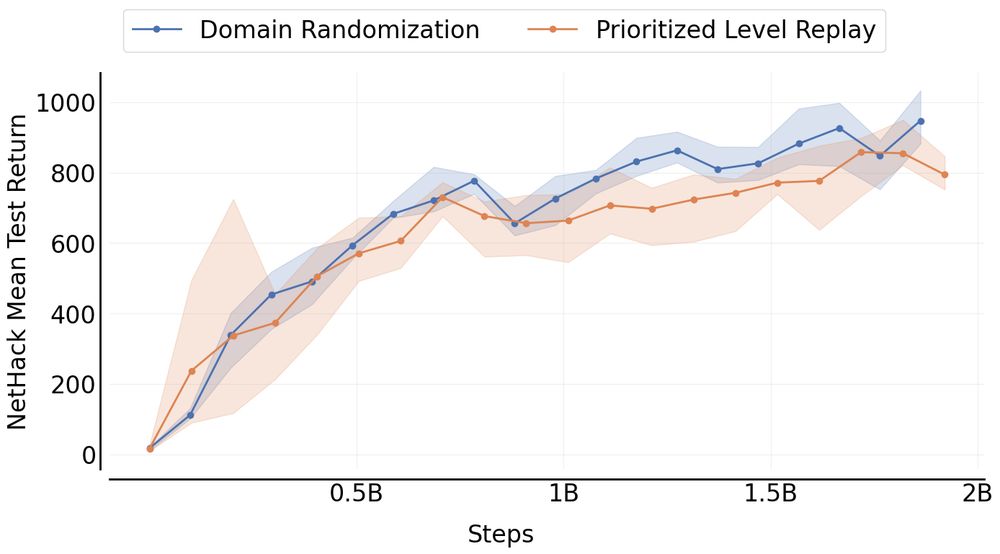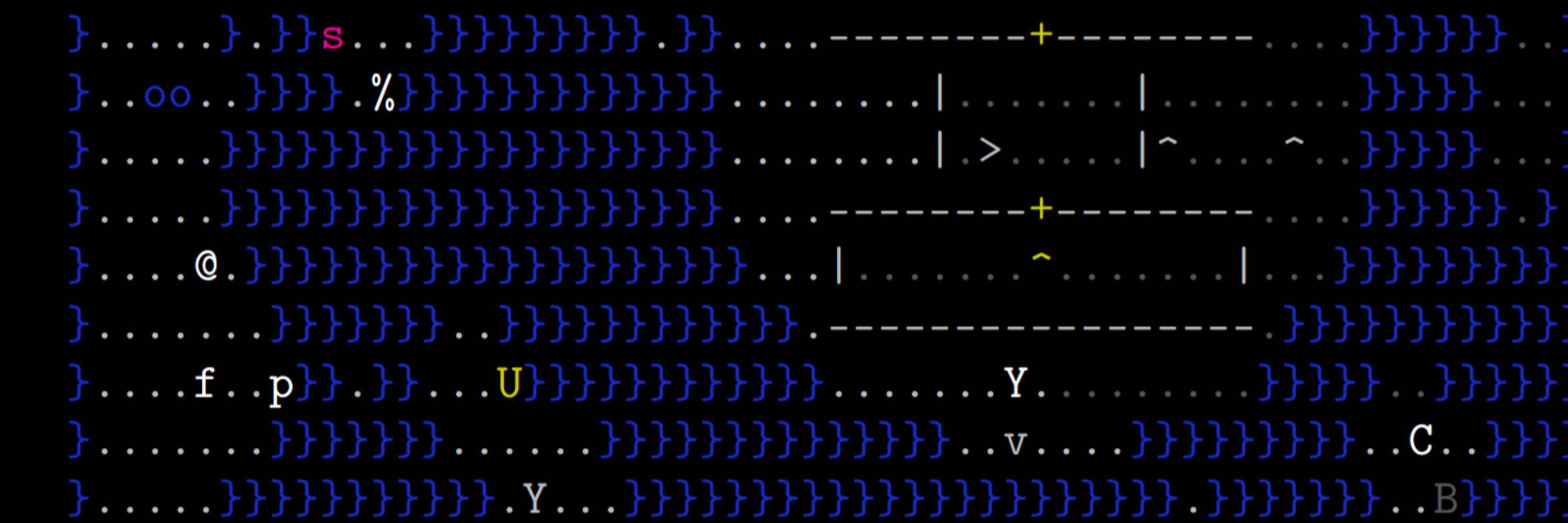
Previously RL intern @ SonyAI, RLHF intern @ Google Research, and RL intern @ Amazon Science
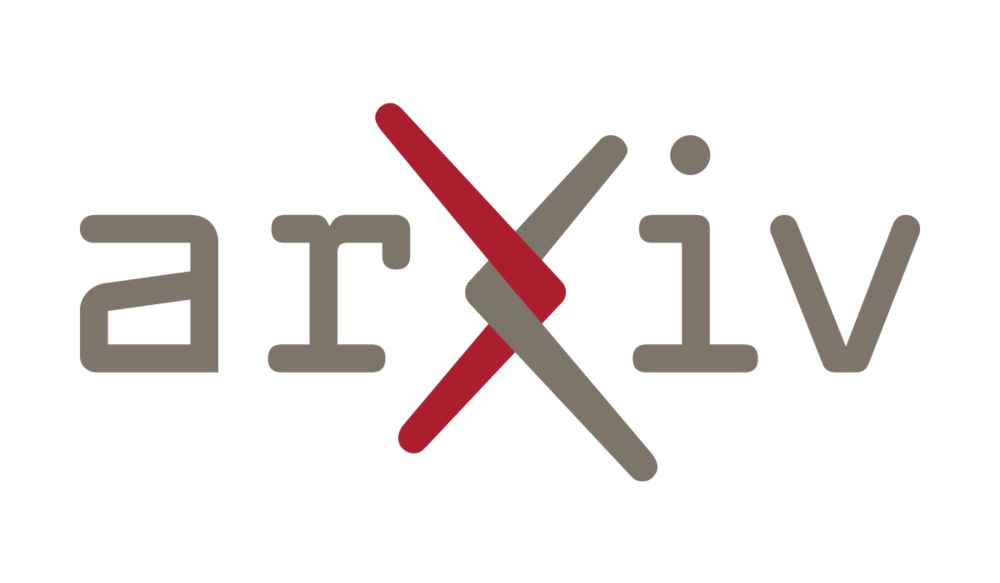
Paper: arxiv.org/abs/2411.11318
Github: github.com/RyanNavillus...
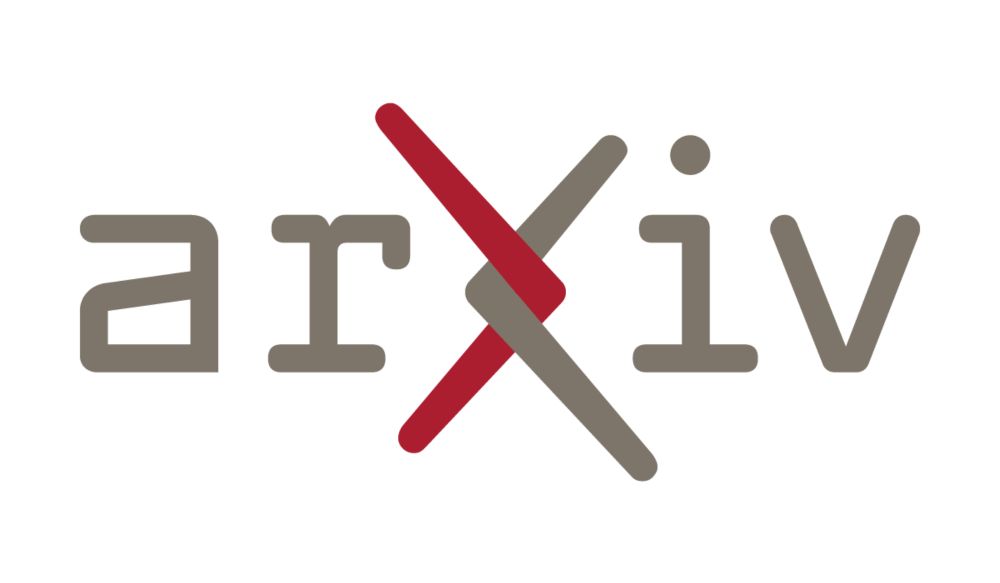
Paper: arxiv.org/abs/2411.11318
Github: github.com/RyanNavillus...
